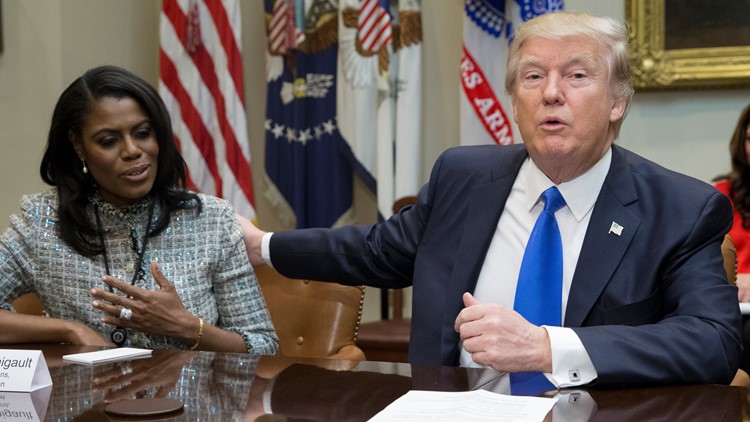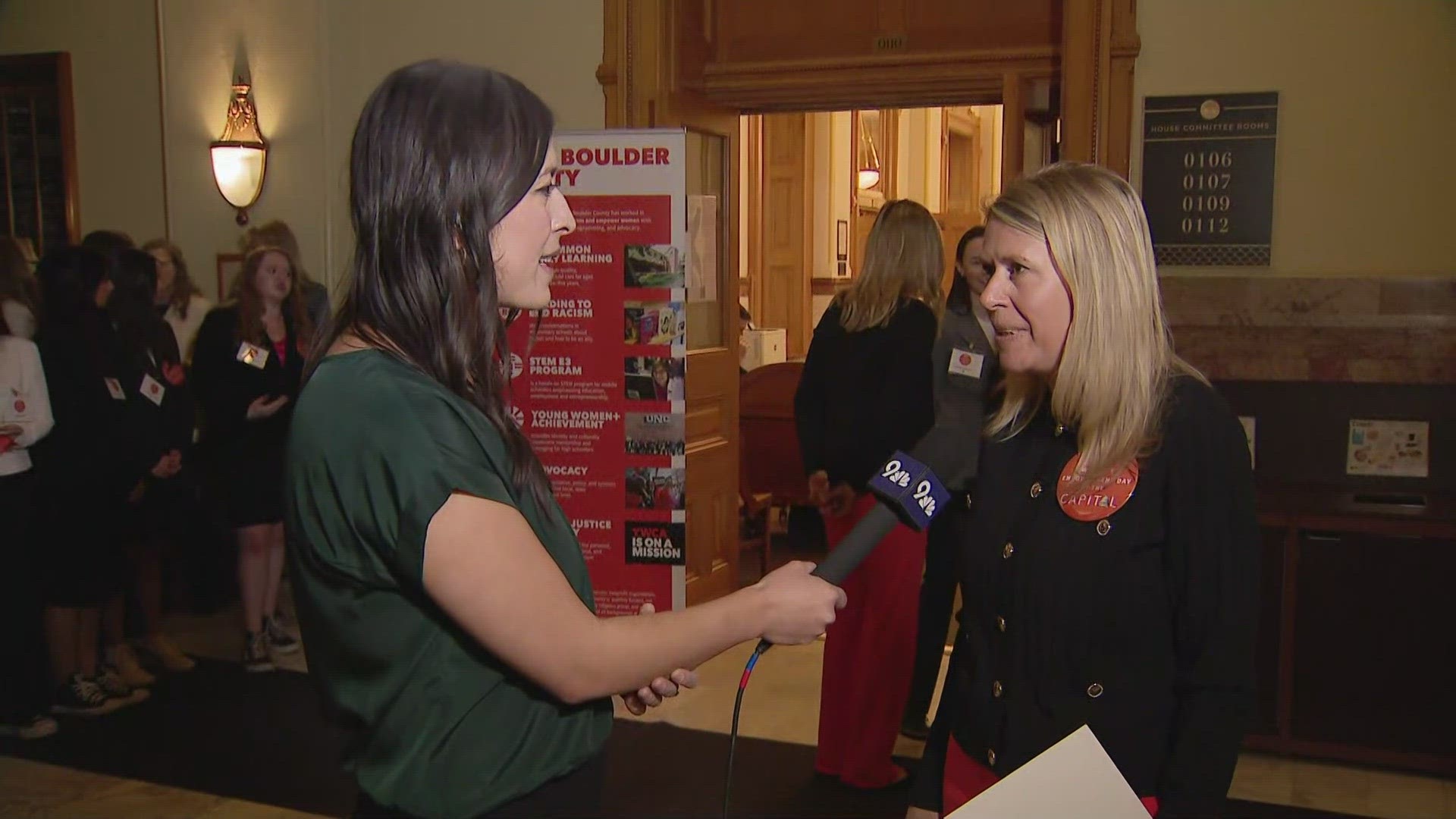WASHINGTON — President Donald Trump frequently used nondisclosure agreements to protect his reputation as a real estate magnate and television star, but legal experts said Monday the documents are useless at controlling former White House aides.
Trump’s feud with Omarosa Manigault Newman, the former White House staffer publishing a book critical of the president, reignited a debate about the use of nondisclosure agreements to bar aides from discussing the administration.
Trump blasted Manigault Newman in a series of tweets, describing her as "wacky" and "not smart." He also appeared to confirm the White House requires employees to sign non-disclosure agreements, saying Manigault Newman agreed to sign one before writing her book.
But experts questioned Trump's use of the agreements at the White House, noting that the First Amendment prohibits the government from restricting an employee’s ability to speak up about what they saw while working in a public job.
“Either he’s getting incompetent legal advice or he’s just looking to coerce people once they leave,” said Mark Fenster, a law professor at the University of Florida.
Manigault Newman, a former loyal Trump aide who now describes the president as a “racist” who “lies to the American people,” also said she was offered a $15,000 a month job with Trump’s campaign to keep quiet.
If Manigault Newman or other former White House officials accepted a job working for the Trump campaign or political groups supporting the president, they could be subject to an NDA since those organizations are private entities.
The White House did not respond to questions about the Trump administration’s policy on nondisclosure agreements, including whether there is a requirement and, if so, how many aides are required to sign them.
Trump adviser Kellyanne Conway said Sunday that West Wing employees are “absolutely” required to sign the agreements.
"Wacky Omarosa already has a fully signed Non-Disclosure Agreement!" Trump posted on Twitter.
Former White House press secretary Sean Spicer said Manigault Newman was likely asked to sign the same nondisclosure agreement she signed as a contestant on Trump’s television show, The Apprentice, and as a campaign and presidential transition staffer.
“Any time you’re employed by Trump you’re going to sign one,” said Spicer, who is publishing his own White House memoir titled The Briefing. “All she’s being asked to do is do the same thing she did the last three times she held a position with him.”
The Trump administration required at least some aides to sign an NDA but White House attorneys privately acknowledged they were unenforceable, according to a report in The New York Times earlier this year. The agreements, unnamed officials told The Times, were intended to placate a president wrestling with a barrage of leaks.
Nondisclosure agreements are common in the private sector, and aides close to Trump said the former businessman often required his employees to sign them. But legal analysts said a contract to limit speech for public employees is far less common – and less legally sound – particularly for those not discussing classified information.
“Donald Trump cannot muzzle federal employees,” said Brian Hauss, staff attorney with the American Civil Liberties Union's Speech, Privacy, and Technology Project.
Sam Nunberg, a former Trump campaign aide and political adviser, said NDAs were required for many on the presidential campaign. Trump sued Nunberg for $10 million in 2016, accusing him of breaching the agreement.
Nunberg counter-sued and the two sides settled the case months before the election.
Nunberg denied violating the agreement, but said it probably made sense for Trump to require it in his private dealings.
“Part of his business is his brand and what people think of his brand,” Nunberg said.



